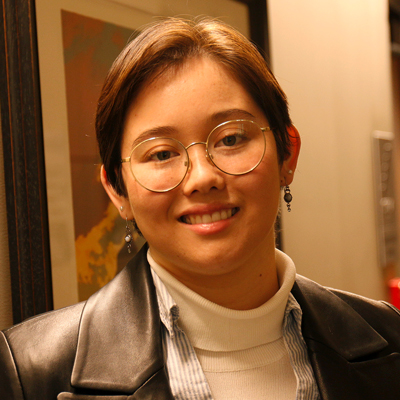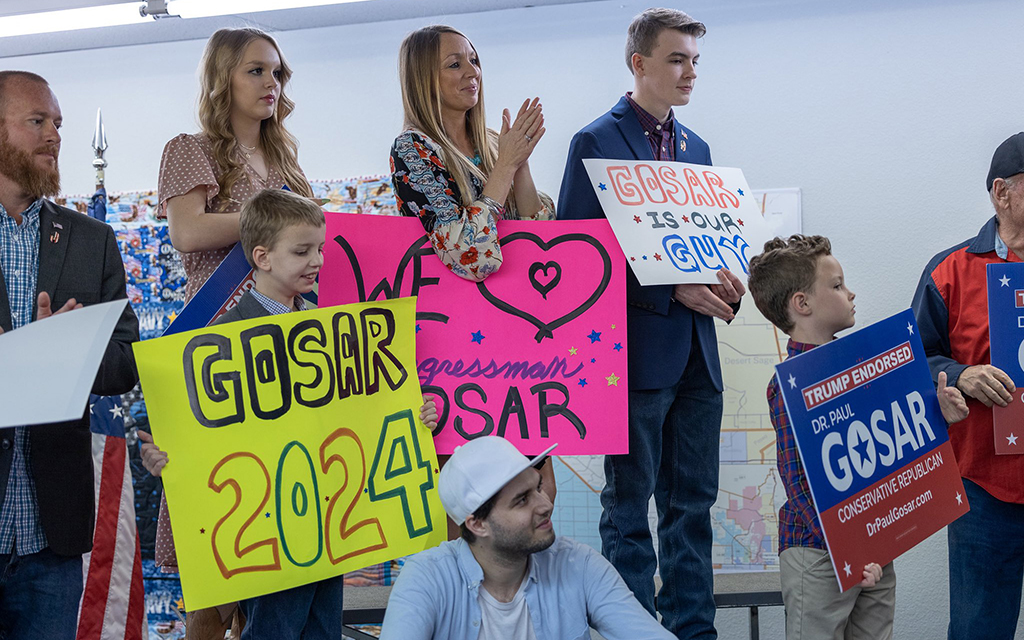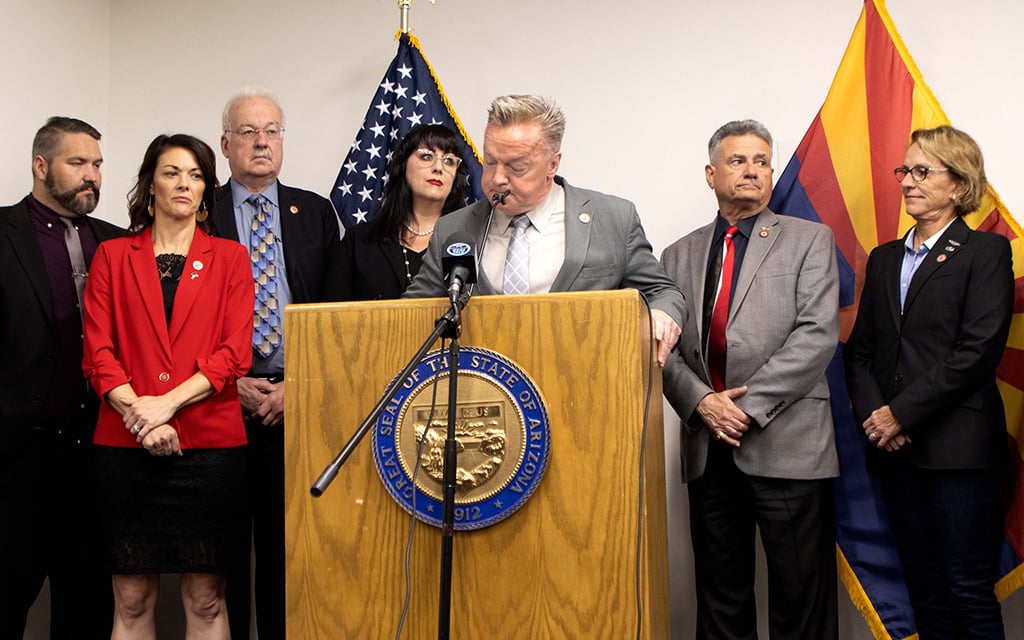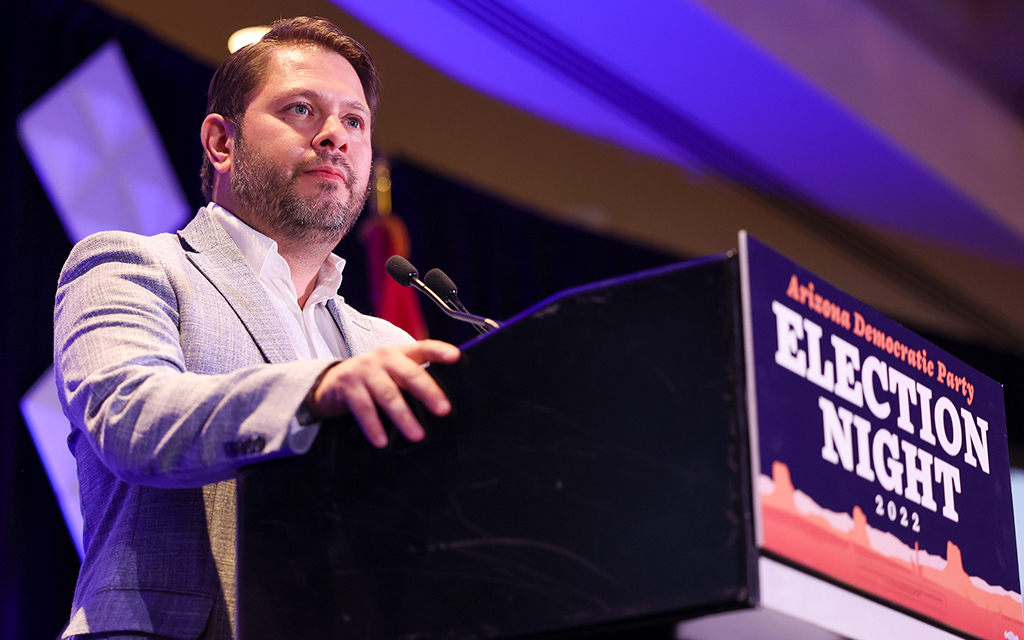WASHINGTON – It was just weeks after the 2022 election that the first candidate for 2024 filed a statement of interest with the Arizona secretary of state’s office. The number of hopefuls filing paperwork for Congress has since ballooned to 49, with still more announcing unofficial bids.
Jacob Rubashkin is not surprised.
“Things have gotten so much more expensive and in order to be in a position to run an effective campaign in those last two to three months, you have to have been fundraising for a year earlier,” said Rubashkin, a reporter for Inside Elections. “That’s just the reality, is that the money is such that you need more time in order to put that together.”
With 18 months until Election Day 2024, Arizonans ranging from citizen candidates to incumbents to state officials trying to upgrade to federal seats have already filed statements of interest on the secretary of state’s website. Of the 49 who had filed by this week, 17 had also filed Federal Election Commission financial reports – just some of the 32 Arizona congressional hopefuls who have opened FEC accounts so far for 2024.
They include former state Sen. Kirsten Engel – one of three failed 2022 candidates looking for a rematch – who plans to challenge Rep. Juan Ciscomani, R-Tucson. They include Republican incumbent Reps. Debbie Lesko of Peoria, David Schweikert of Fountain Hills, Paul Gosar of Bullhead City and Andy Biggs of Gilbert.
And they include Rep. Ruben Gallego, D-Phoenix, and Pinal County Sheriff Mark Lamb, a Republican, who have announced plans to challenge Sen. Kyrsten Sinema, I-Ariz. – who has not yet officially filed.
Experts and campaign managers said that having as much time as possible is important, not just for building funds but for building relationships as well. That’s true for veteran politicians as well as newcomers, they said.
“We say in campaigns, there’s kind of three resources: time, money and people,” said Rodd McLeod, an analyst for Radar Strategies in Arizona. “Time is the one you can’t get back, you know. You can always try to raise more money … try to recruit more people.”
But how candidates use that time differs. For newcomers, it’s much more about making themselves known, what Rubashkin calls the ability to “capture attention and establish yourself as a credible candidate.”
“Being first out the gate is always helpful, right?” he said, “You know, if there’s nobody else who’s running, people are going to talk more about you, right? Just kind of by default.”
First-time candidate Andrew Horne wasted little time in his bid for Schweikert’s seat. He had filed paperwork with the secretary of state by Jan. 15 and had a campaign website soon thereafter. Despite the effort it will take to build his brand, Horne said he is not intimidated by Schweikert’s 13 years in Congress because he is confident that voters in District 1 are ready for Schweikert “to be gone.”
“They look for candidates that speak to them, and I am one of them, I am one of this district,” Horne said. “I was born here, I went to the public schools here, my daughter lives here, this is home.”
Jeremy Spreitzer is not a first-time candidate, but he’s close: It was not until last August that he signed up to be a write-in candidate against Lesko, when he saw she was running unopposed. For 2024, Spreitzer, a Democrat, started early.
“The real secret here is starting to build the recognition … that there’s another candidate out there, another person that wants to represent the community,” Spreitzer said.
He said his campaign is about more than just Election Day: It’s about showing voters in the district that “we’re able to hold her more accountable, and that we’re going to have more civic engagement.”
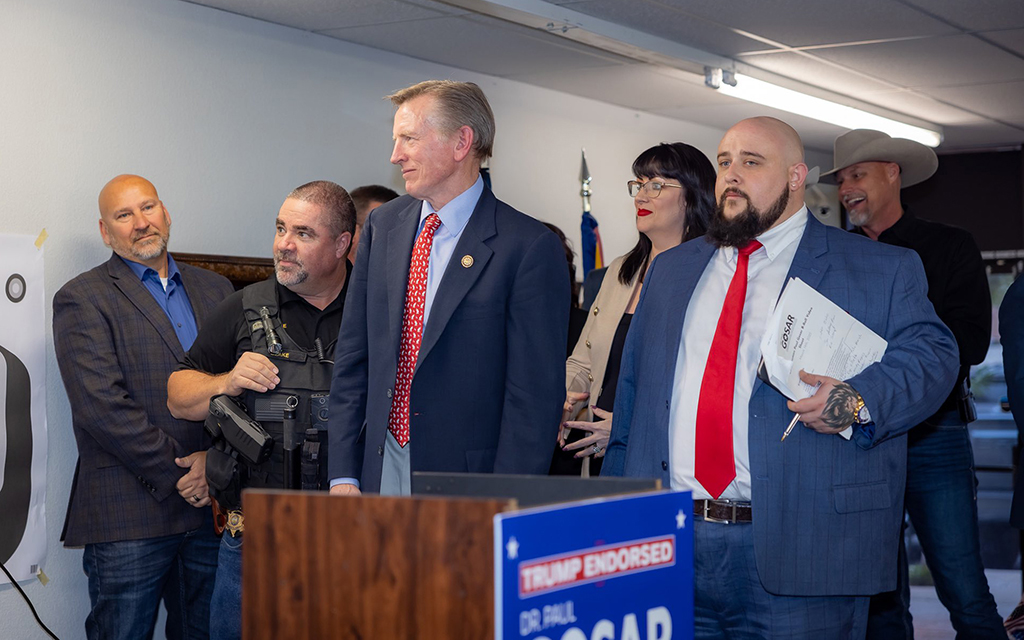
Rep. Paul Gosar, R-Bullhead City, backed by supporters at his March announcement of a reelection bid – just months after he was re-elected to a seventh term from a conservative, heavily Republican district. (Photo courtesy the Gosar campaign)
In races against entrenched incumbents, it’s not just political novices who jump in early. Phoenix Democratic Reps. Jennifer Longdon and Amish Shah have been in the Arizona House since 2019, but have already filed the paperwork to challenge Biggs and Schweikert, respectively.
Shah, a physician, works at a Mayo Clinic “in the heart of the congressional district,” which he said makes him feel connected to communities there. But he concedes he will have to cover more ground than he has in past elections.
“It’s a congressional district roughly three times the size of the legislative district,” Shah said. “So you have to plan for that. And that means that your organization has to be bigger because you’re going to need to reach a lot more voters.”
The same could be said for Gallego, who announced his Senate campaign on Jan. 23. The five-term House member has already held events across the state to meet with different communities, his campaign team said.
“It’s a big state with a lot of land to cover, and by getting in early you can talk to people, you can talk to them repeatedly,” said Nichole Johnson, Gallego’s Senate campaign director. “Even before he jumped in, Ruben was talking to folks about what they’re interested in, what issues are important to them, you know, the things they really care about and would look for in a representative.”
Gallego’s announcement opened a congressional seat in a deep-blue district, and it was not long before progressive hopefuls started lining up. Democrats Raquel Terán, then in the state Senate, and Phoenix Vice Mayor Yassamin Ansari have both filed with the FEC for Gallego’s seat. Terán resigned her Senate seat in February to “explore running for Congress.”
McLeod said there is less pressure on incumbents to make a name for themselves, and they can use the time to build a campaign war chest. But he said campaigning early and often can have benefits for them, too.
“You’re still going to be doing a lot of public appearances, op-eds, news interviews, speeches, meetings with community groups, even if you don’t talk about the campaign, because that’s just part of being a good member of Congress, being in touch with those people,” McLeod said.
A Gosar campaign official said the seven-term incumbent team has enthusiastic support in the district so it should not be surprising that he’s already announced his re-election bid.
“He will serve in this seat as long as he chooses it and the constituents want him here,” said Rory McShane, Gosar’s general consultant. “And anyone who wants to run against him will be taken into the deep end of the pool and drowned.”
Gallego leaves behind a district where he has never won less than 74.9% of the general election vote, but Johnson said it will take time, collaboration and resources to expand his reputation to the state level.
“The senator is a big job and in doing it, you’re kind of doing what’s best for different thoughts, different views, different things that are important to them (constituents),” said Johnson, who said Gallego is not running to be “the ideal Democrat … but to be the ideal person to represent the people of Arizona.”
Shah said he thinks it is more important to connect with voters and learn how best to serve them, than it is about beating the competition.
“I think every candidate has to have the ability and the opportunity to go out make his or her case and speak to the people and may the best person win,” Shah said. “Let the messages get out there and resonate, and hopefully, our message is one that people can connect with.”
